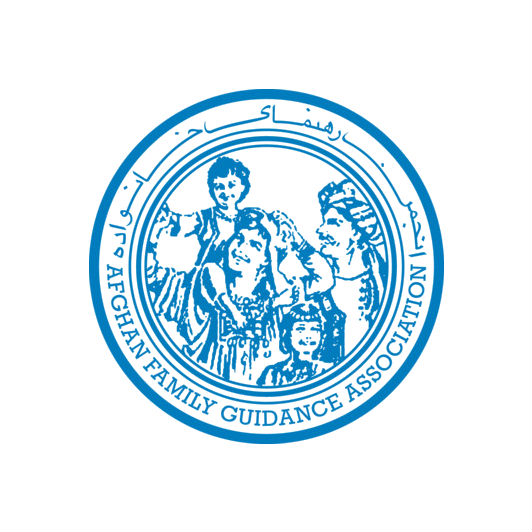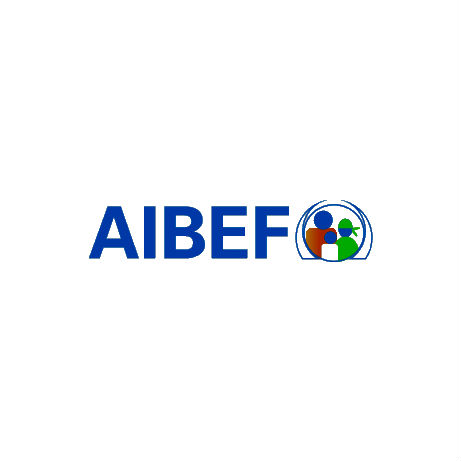

| 31 March 2016
Afghan Family Guidance Association
The Afghan Family Guidance Association (AFGA) was established in 1968 and today delivers a comprehensive range of sexual and reproductive health services and programmes. The country has some of the poorest sexual and reproductive health (SRH) statistics in the world, including: 1 in 8 lifetime risk of maternal death 13% of women aged 15-19 give birth annually 28% of children die before they reach their 5th birthday In the light of such fierce challenges, AFGA’s work is vital. Activity was suspended between 1992 and 2002 owing to war and conflict, but now the organization has permanent clinics and mobile facilities. AFGA’s Family Welfare Centres (located in Kabul, Herat and Jalalabad) provide information on contraceptives, and free contraception; counselling on family planning, adolescent health and HIV and AIDS prevention and treatment; antenatal and post-natal care (where no government-run facilities are readily accessible); screening and treatment of sexually transmitted infections (STIs); basic infertility treatment; and referral of complicated cases to hospital departments. Contacts Website: www.afga.org.af Facebook https://www.facebook.com/afganfamilyguidance

| 31 March 2016
Association Ivoirienne pour le Bien-Etre Familial
The population of the Ivory Coast suffers from a litany of sexual and reproductive health (SRH) problems common to many countries on the continent: frighteningly high rates of maternal death, early pregnancies, child mortality and HIV prevalence, coupled with very low rates of contraceptive use. Additionally, instances of female genital mutilation (FGM) are frequent and the SRH and psychological repercussions that the practice presents are severe. The Association Ivoirienne pour le Bien-Etre Familial (AIBEF) was founded in 1979. It works closely with the National Population Bureau in the planning and implementation of the National Population Policy and the National Youth Policy. The government and legislators have called on the organization for advice and counsel because it is the one of the most experienced organizations in the field and has unparalleled expertise drawn from ground level experience. To complement and expand its scope, AIBEF partners with a number of non-governmental organizations (NGOs) including the Futures Group, Pathfinder International, the Population Council, John Hopkins University, John Snow International, Columbia University and Family Health International. Major donors include the European Union, IPPF’s Japan Trust Fund, The Global Fund Against TB and Malaria, Alliance International and the World Bank. Additionally, it partners with Collectif des ONG de Lutte contre le Sida en Côte d’Ivoire and RIOF – national networks whose primary objective is to increase SRH capacity.







